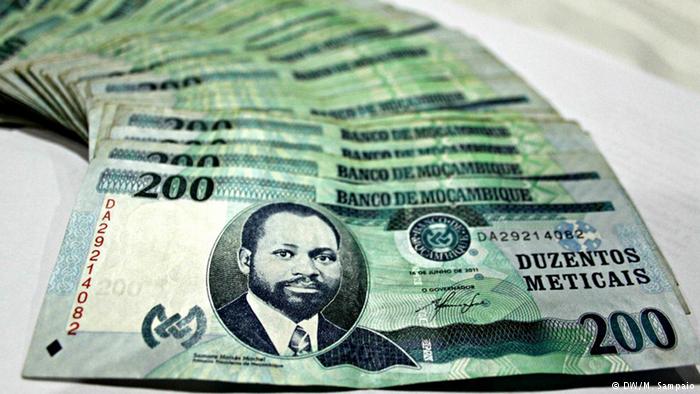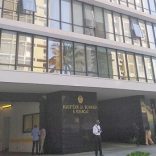Mozambique: Minister warns debt sustainability ‘one of the biggest challenges’
Mozambique studies debt issuance as a means to pay back arrears worth 12% of GDP

Photo: Deutsche Welle
The Mozambican Minister of Industry and Commerce told Lusa on Tuesday that the government is studying the possibility of issuing debt to pay back VAT refund arrears amounting to around 12 percent of Mozambique’s GDP.
“On past VAT, we are doing everything in our power to resolve [this problem], including, if necessary, resorting to external debt to cover domestic debt, to solve the VAT problem especially for small and medium-sized enterprises, because the large ones have a current account with the state,” Ragendra de Sousa told Lusa on the sidelines of the Forum for Investment Opportunities in Mozambique taking place in Portugal this week.
Minister de Sousa explained that solving the problem of VAT refund arrears may involve issuing debt, either internationally or domestically.
“If we have to make a choice, depending on the macroeconomic situation, if we see that the external interest rate is more favourable than the domestic rate, nothing prevents us from getting external resources to finance domestic debt. This is something to be studied on its merits.”
Asked if this could mean issuing international bonds, like Angola did in March, despite Mozambique’s current debt crisis, the minister replied: “It may be a debt issue, but under current conditions it is not possible. But today is not tomorrow, what is on the table as a variable of study and control, or even for the issuance of internal debt from one sector to another.”
So one can “promote debt with the fish sector, which has a faster return, to pay the construction debt, which is a longer term”. Asked about the value of the VAT arrears in question, the minister said it represented “a large weight of accumulated internal debt”, which was around “10 to 12 percent of GDP”, or almost US$2 billion.
From now on, the minister pointed out, “the manner of collecting and returning VAT will be very different. [The private agent] will only pay the difference between the VAT charged and the VAT payable; if you have to pay but also have to receive, the state will only levy the difference”. Ragendra acknowledged the difficulties, but promised that “with the increase of productive capacity, the VAT situation will be resolved”.
Mozambique’s economic growth has slowed from 6.6 percent in 2015 to 3.7 percent in 2017, with the IMF forecast falling to 3 percent this year, along with public debt at unsustainable levels and a risk of a worsening trade deficit.
Most foreign direct aid to the State Budget has been frozen since 2016, after it was revealed that the previous government surreptitiously contracted debts of around US$2 billion – about one eighth of the country’s gross domestic product – in 2013 and 2014, the final destination of much of which remains to be clarified.
Mozambique failed to reimburse creditors for part of the undeclared debt, which has since been exchanged for other securities. The country’s sovereign debt ranking stands at default, in practical terms excluding it from international financial markets.












Leave a Reply
Be the First to Comment!
You must be logged in to post a comment.
You must be logged in to post a comment.